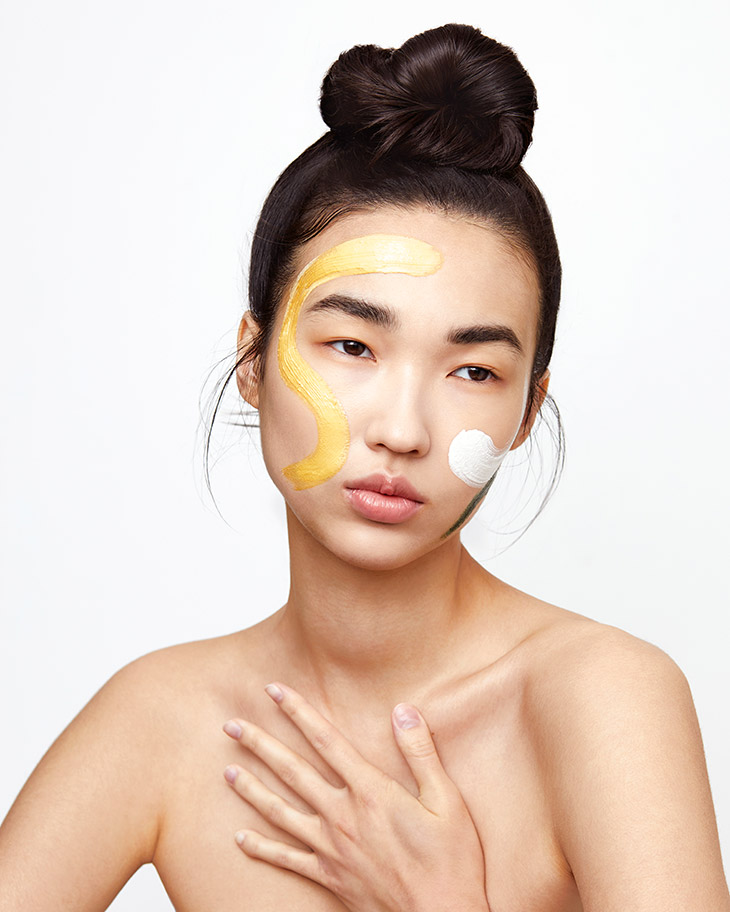
Having sensitive skin can be frustrating. Your skin may feel tight, itchy, or irritated by products and environments that don’t bother other people. While sensitive skin can’t be cured, there are ways to manage it so you can avoid flare-ups and discomfort. With some adjustments to your skin care routine and lifestyle, you can keep your sensitive skin healthy and happy.
Avoid Irritants
One of the keys to managing sensitive skin is avoiding ingredients and products that trigger irritation. Steer clear of harsh soaps, alcohols, fragrances, and acids found in many skin care products. Stick to gentle cleansers free of dyes, perfumes, and other additives. Avoid abrasive scrubs or masks that can further damage your skin’s protective barrier.
When trying new products, do a patch test first. Apply a small amount to your inner forearm for a few days to check for any adverse reactions before using it on your face. If any irritation occurs, discontinue use. Stick with tried and true products your skin tolerates well.
Protect Your Skin Barrier
Your skin barrier acts as the first line of defense against irritants and allergens. But in sensitive skin, this barrier is compromised, making skin more permeable and prone to inflammation. Use moisturizers with ceramides, fatty acids, hyaluronic acid, and other ingredients that help repair and reinforce your skin’s barrier function.
Avoid very hot showers or baths which can strip away natural oils. Limit washing to once or twice a day, using lukewarm water and gentle cleansers without sulfates. Apply moisturizer immediately after washing while your skin is still damp to seal in hydration. Humidifiers can add moisture to the air to prevent water loss from the skin.

Watch Out for Allergies
For some people, sensitive skin may be linked to contact allergies or skin conditions like eczema or rosacea. Common contact allergens include fragrances, preservatives, metals like nickel, rubber chemicals, and ingredients in hair dyes.
See an allergist or dermatologist if you suspect any products or materials are triggering skin reactions. They can perform patch testing to identify possible allergens to avoid. Your doctor may also prescribe medications like steroid creams to relieve flare-ups from skin conditions.
Wear Protective Clothing
The sun, wind, and cold temperatures can all wreak havoc on sensitive skin. Always wear a broad spectrum SPF 30 sunscreen when going outside, even on cloudy days. Reapply every 2 hours if you swim or sweat. Wear wide-brimmed hats and UV-blocking clothing for added protection.
In cold, dry weather, cover up exposed skin to prevent damage from harsh winds. Use gentle moisturizers and lip balms before going outside. In the summer, opt for lightweight, breathable fabrics that won’t trap heat and sweat. Avoid abrasive, irritating fabrics like wool.
Manage Stress
Stress doesn’t directly cause sensitive skin, but it can exacerbate symptoms. Stress triggers your body’s fight-or-flight response, releasing hormones like cortisol that disrupt skin cell function and inflammation levels. That’s why flare-ups often happen during stressful times.
Making time for stress management can help minimize sensitivity triggers. Try relaxing techniques like meditation, yoga, deep breathing, and mindfulness. Get regular exercise for a natural mood boost. Make sure you get enough sleep, which allows skin cells time to regenerate and repair.

Invest in Quality Skincare Products Designed for Sensitive Skin
When it comes to skincare, use high-quality products. Cheap products often contain harsh ingredients like alcohol, fragrances, and preservatives that can irritate and damage sensitive skin. Splurging on gentler, natural formulas made with skin-nourishing ingredients like antioxidants, vitamins, plant oils, and ceramides can make a big difference. Though pricier upfront, quality products last longer, are more effective, and prevent issues like breakouts or premature aging that end up costing more to treat later.
Integrating an LED eye mask into your skincare regimen can offer significant benefits, especially for those with sensitive skin. LED masks emit specific wavelengths of light that can help reduce inflammation, promote collagen production, and enhance skin healing without harshness or irritation. Regular use can lead to smoother, more even skin tone and reduced appearance of fine lines. This gentle treatment option is a non-invasive way to help manage skin sensitivity and improve overall skin health.
See a Dermatologist
If you’re still struggling with sensitive skin, see a board-certified dermatologist. They can help identify any underlying causes and tailor treatments to your specific sensitivities. For example, prescription medications can reduce redness, inflammation, and swelling. Chemical peels and laser treatments can improve overall skin health.
Your dermatologist can create a customized skin care plan to effectively cleanse, hydrate, and protect your skin while avoiding common triggers. With professional guidance, you can get relief from sensitivity discomforts.
While sensitive skin can be challenging, following these management tips can help prevent irritation and flare-ups. Avoid harsh ingredients, protect and repair your skin barrier, watch for allergies, safeguard against weather, reduce stress, and see a dermatologist if needed. With diligent, gentle care, your sensitive skin can feel soothed and renewed.
Images from So Fresh by Montana Lowery – see full story here.



















